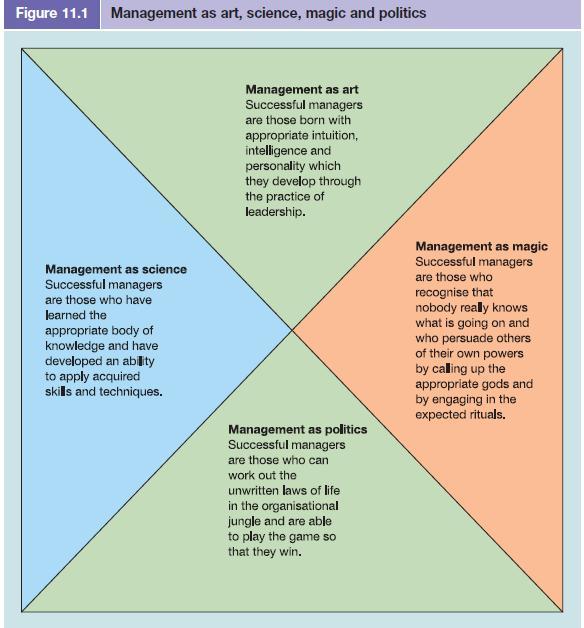In August 2005, two studies of organisational life made unhappy reading for many of Britains managers. An
Question:
In August 2005, two studies of organisational life made unhappy reading for many of Britain’s managers. An Investors in People (IIP) survey discovered that 80 per cent of staff believed that some of their colleagues were lazy, and often not up to their jobs; and half of them blamed managers for allowing the situation to continue. On the same day, a major Sirota Survey Intelligence (SSI) report, which had questioned 3.5 million staff over three years, found that most workers believed that their bosses were overly bureaucratic, made inconsistent decisions and generally hampered their staff rather than helping them to do their jobs. Taken together with the trend for de-layering (removing layers of management from organisations to streamline business activity and achieve cost savings), and some further warnings that managers who fail to adapt to the changing nature of the workplace are likely to face ‘mass lay-offs’, one might forgive the average middle manager for feeling somewhat unloved. However, some more recent research by Management Today magazine suggests that perhaps all is not doom and gloom at the centre of organisational life.
Your tasks
1. Analyse the survey results using one or more of the models from the text about the nature of management (for example those of Fayol, Drucker or Mintzberg). Which of the models do you find offers the best analysis of the work of middle managers, and why?
2. What training and development needs are suggested by the material from the surveys? Suggest appropriate content and methods of an effective development programme for a newly appointed middle manager. How will your choice be affected by your overall view of the nature of management as suggested by Watson and outlined in Figure 11.1?
3. Is it harder or easier to be a senior manager than a middle manager? Explain the reasons for your answer.
4. What additional challenges do managers face during times of recession? What do you think are the key skills required for managing in a period of economic recession?
Step by Step Answer:

Management And Organisational Behaviour
ISBN: 9780273728610
9th Edition
Authors: Laurie J. Mullins, Gill Christy





